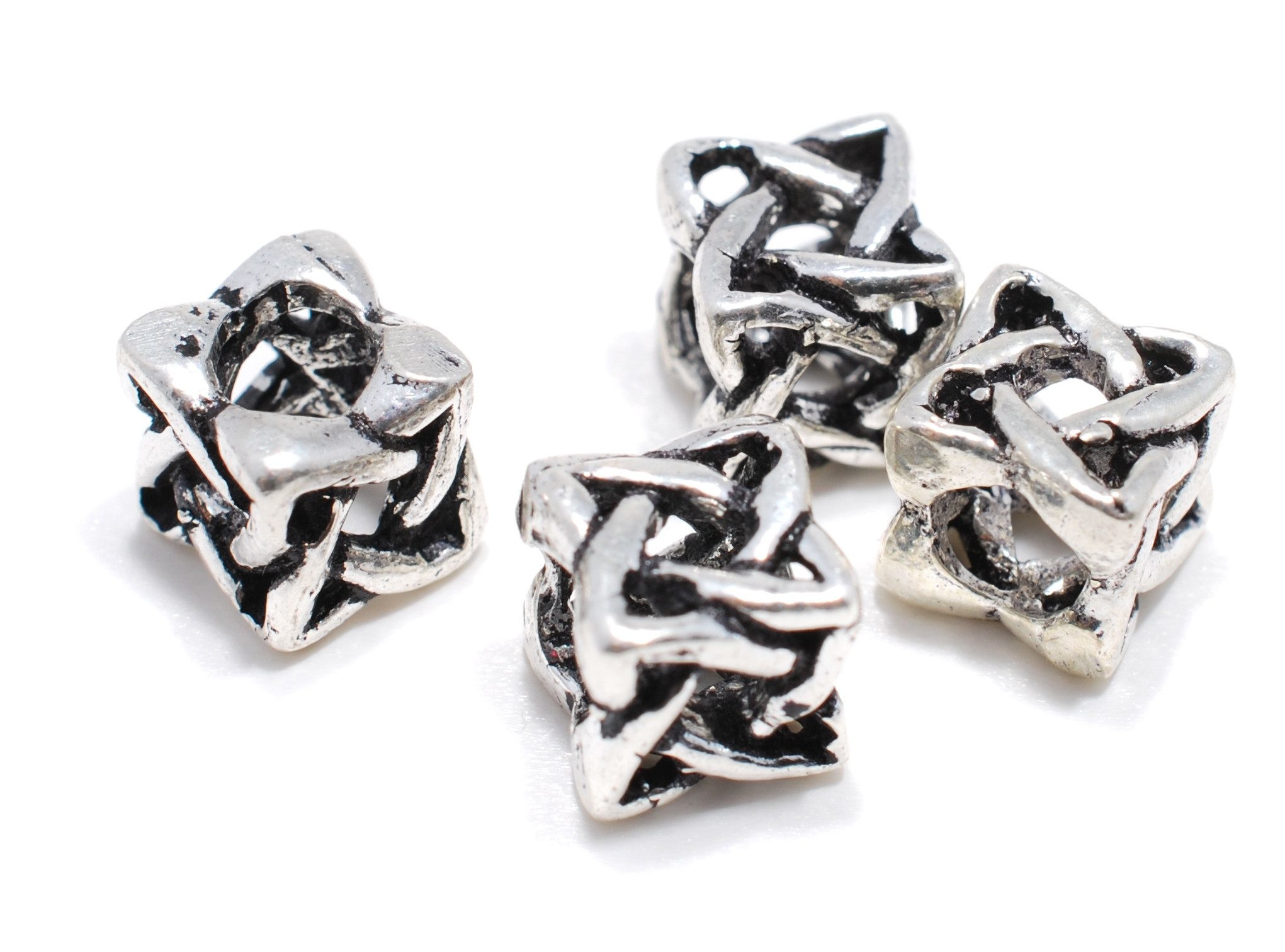Cleaning jewellery - how does it go right?
Actually, every piece of jewellery that you really love should be given into professional hands for cleaning from time to time. But of course, in most cases, this is quite cumbersome and on top of it all, it costs money. Of course, that's why you like to take care of it yourself.
To make sure that nothing goes wrong, we have put together a few tricks and tips for you, with which you can achieve particularly good results with little effort :)
First of allthree important principles:
Actually, every piece of jewellery that you really love should be given into professional hands for cleaning from time to time. But of course, in most cases, this is quite cumbersome and on top of it all, it costs money. Of course, that's why you like to take care of it yourself.
To make sure that nothing goes wrong, we have put together a few tricks and tips for you, with which you can achieve particularly good results with little effort :)
First of allthree important principles:
- Jewellery is never the same. Without a professional examination, we can never be sure that the cleaning method is suitable for your jewellery. If your piece of jewellery is completely made of silver or gold, then this is no problem. However, it becomes difficult if your jewellery is set with precious stones or pearls. They can be very sensitive and can quickly suffer irreversible damage if they are not handled properly. So if you are not sure, it is better not to do anything on your own. Just contact us - we will be happy to help you :)
- Apart from the visible blackish sulphide layer on your jewellery (the most common reason why you will want to clean your silver jewellery in particular), there are of course also other "impurities" on it. Wearing the jewellery causes a certain amount of metal abrasion, tiny skin particles get stuck to the silver or gold and of course there is always a little bit of sweat.
The cleaning with aluminium and salt or the cleaning in a silver bath described in the following have a cleaning effect. They remove for example the "black layer" on the silver. But they do not remove everything. The mere immersion of silver jewellery in a cleaning bath does not have the mechanical effect of a brush.
So if you really want to remove all impurities from your jewellery, you will have to prepare it by hand with a gentle lye (a shot of very mild detergent and water) and a soft brush (a soft baby toothbrush is perfect) before using our little tricks. Here it is always about pieces of jewellery, which consist completely of silver and gold. As I said: always be careful with precious stones and pearls - not everyone can take it. Pearls, for example, find washing-up liquid quite awful and will unfortunately not thank you for this bath.
By the way: When choosing the dishwashing detergent, please make sure that no essential oils or balsam are added to the detergent. (Citrus oils, for example, may tarnish your jewellery and balsams sometimes leave unsightly streaks).
The specialist usually uses a so-called ultrasonic device for the mechanical cleaning of jewellery (I think we don't have to mention that there are gemstones that don't like ultrasonic devices - and pearls... You know, pearls don't like almost anything ;)).
- After cleaning your jewellery you should always take the time to rinse it thoroughly under clear water and then polish it dry - dry polishing always with a soft cloth (e.g. a linen cloth), never with a silver polishing cloth, the silver polishing cloth is only used when the jewellery is already dry and then polish it again shortly :)
Many of the silver cleaning cloths then offer the polished piece of jewellery a certain protection against tarnishing (this means that your jewellery will not turn black again so quickly). Anything that fluffs (like cotton wool, etc.) or cloths with small thread loops (like terry cloth cloths) are not suitable.
So - but now to the detailed, really good tips :)
